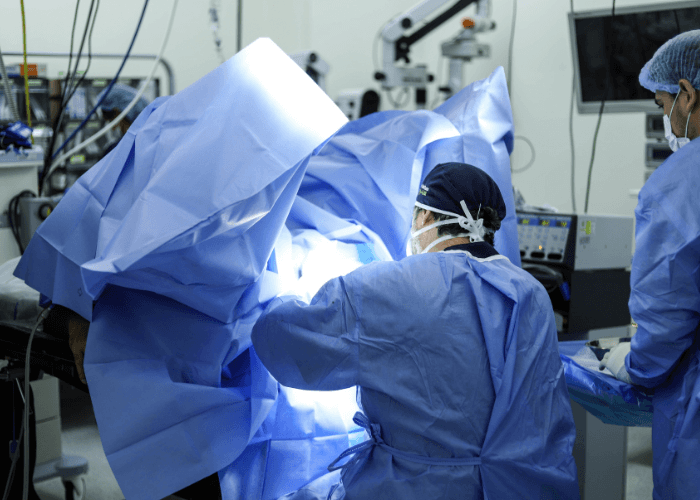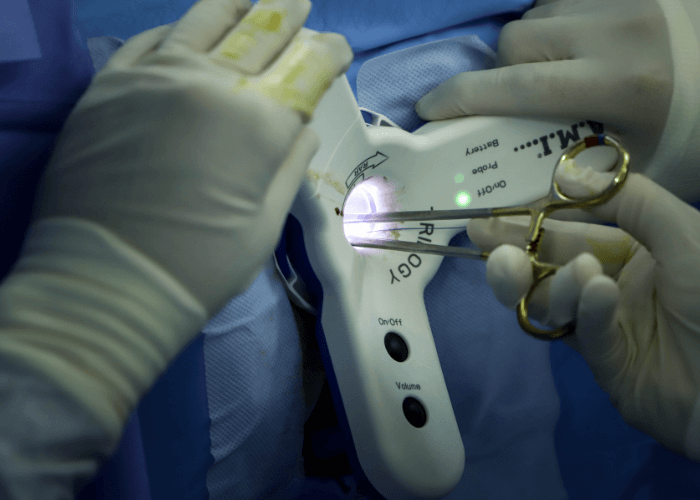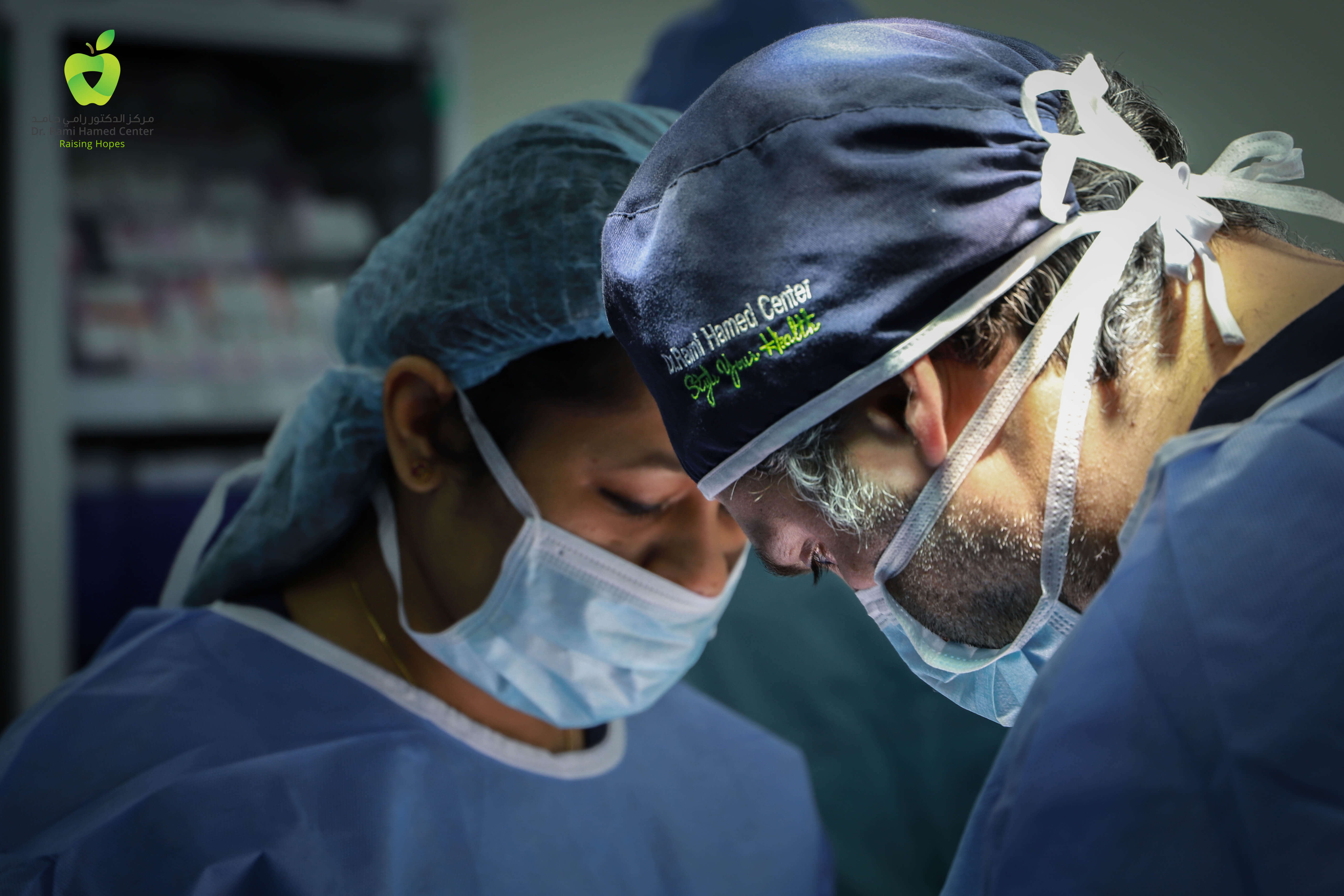Pelvic Dyssynergia - Female Clinic in Dubai DRHC
Pelvic floor dyssynergia or anismus, also known as spastic pelvic floor, is a malfunction of the external anal sphincter and puborectalis muscle.
During defecation, muscles of the rectal wall contract, while the puborectalis sling and external anal sphincter relax, allowing the rectum to become straight and consequently feces to pass.
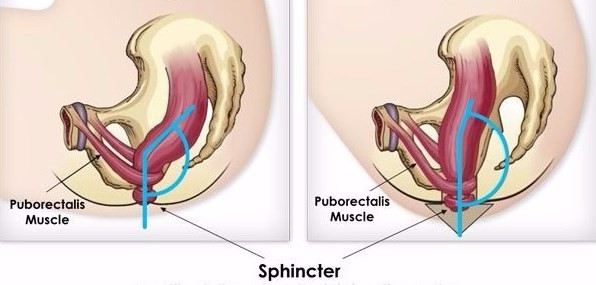
If the puborectalis does not relax, feces are blocked in the upper part of the rectum, get drier and drier, and then it is even more difficult for them to pass.
Diagnosis
First of all, a correct diagnosis has to be performed with a visit, digital rectal examination (DRE), anoscopy, and, if necessary, anorectal manometry and rectal sensation, tone, and compliance test. A colonoscopy is also available if a colon check-up is required. We also offer endorectal 3D ultrasound, very useful for studying muscular damage after episiotomy and childbirth. In selected cases, we also perform an MR defecogram or proctogram, a special magnetic resonance exam performed to correctly evaluate pelvic floor prolapses.
Therapy
We care about medical therapy, suggesting our patients adopt healthy lifestyles and giving them diet advice in cooperation with our clinic nutritionist, and important tips to promote correct defecation habits. When necessary, we prescribe up-to-date medical therapy.
Biofeedback and pelvic floor rehabilitation are the backbone of therapy for obstructed defecation syndrome and can solve patients' problems with a 95% success rate.
Surgery:
Surgery for ODS is rarely necessary, but in case it is needed, we offer the latest up-to-date minimally invasive techniques like STARR: Stapled Trans Anal Rectal Resection.
Most of our surgical minimally invasive techniques are performed in a Day Surgery setting, guaranteeing a short, smooth, and painless postoperative course and a quick return to daily activities.
Don’t wait until your problems get more complicated; book your visit today!



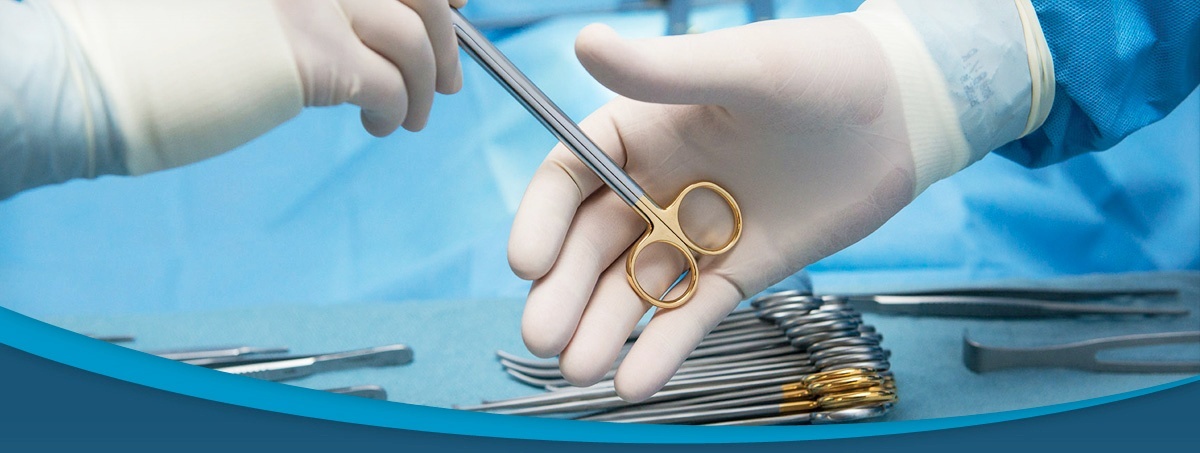

.png?width=281&height=59&name=bookanappointment%20(1).png)
.webp?width=1080&height=1080&name=Doctor%20background%20For%20Website%20Dr.%20Fadi%20Nageeb%2009%20(1).webp)
.webp?width=1080&height=1080&name=Doctor%20background%20For%20Website%20Dr%20Abdul%20Majeed%20Khalid%20%2002%20(1).webp)

